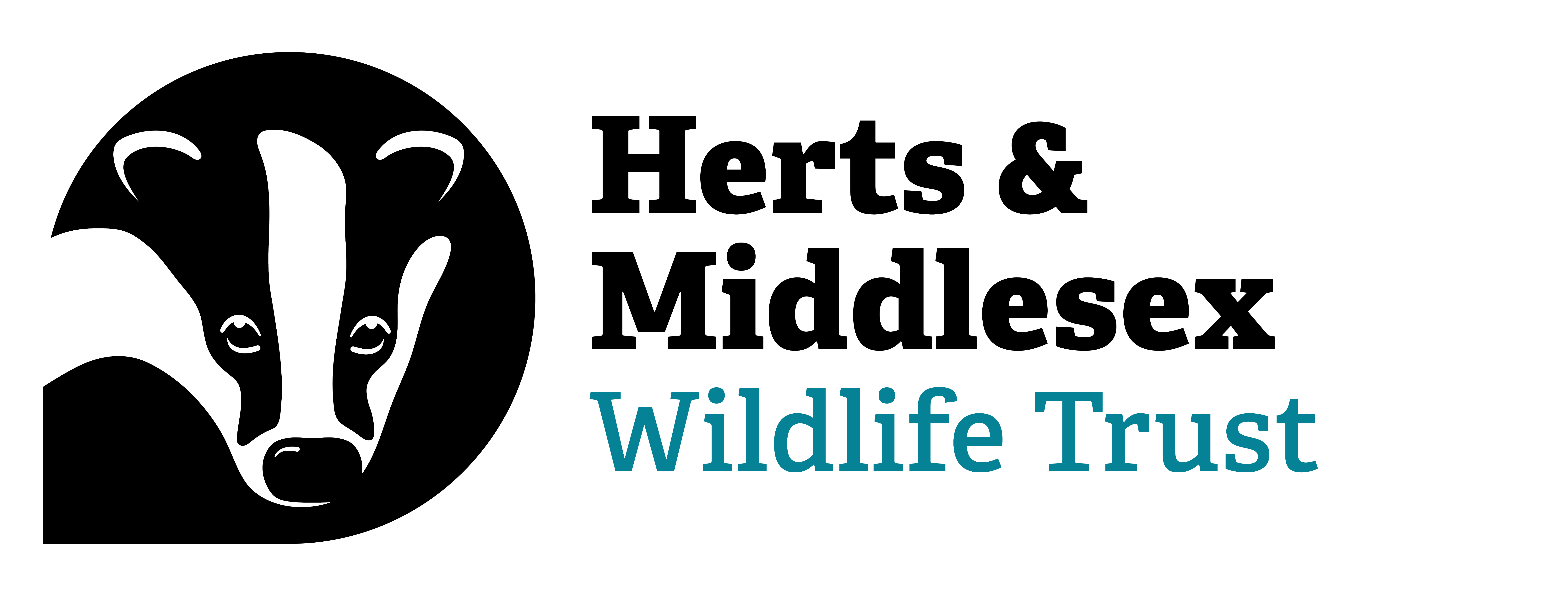Today, the focus of COP28 is on nature. Yes, Day 9 of the conference being held in Dubai = Nature Day, an opportunity to have nature recovery on the global centre stage. There, it is recognised that conservation, restoration, and sustainable management of nature is integral for achieving the goals of the Paris Agreement. Today is a day when the conference will showcase efforts that accelerate the implementation of the Kunming-Montreal Global Biodiversity Framework, the recently adopted agreement which provides a clear path for halting and reversing nature loss to help deliver a climate-safe future.
Coincidentally and somewhat ironically, it is Day 9 of our campaign to Save Broadwater Lake from the threat of development by Hillingdon Council, who have submitted a planning application to build a Watersports Facility and Activity Centre on this Site of Special Scientific Interest (SSSI), nationally recognised for its importance to waterbirds - specifically endangered species, Shoveler and Pochard.
So, whilst in Dubai Heads of State and world leaders at COP28 discuss inspiring and progressive projects, here the clock is ticking on a decision on the future of Broadwater Lake that could set a dangerous precedent for over 4,000 SSSIs in England and be catastrophic for our wildlife. In the context of nature recovery being on the centre stage, it feels ludicrous to be typing this but yes, the Council’s plans put recreational activities and all the disturbance they will cause on water and on land over the welfare of this nationally important wildlife refuge and the species it supports. This at a time when our nation’s wildlife is in freefall and one in six species are threatened with extinction.
For me, this is where it gets personal.









